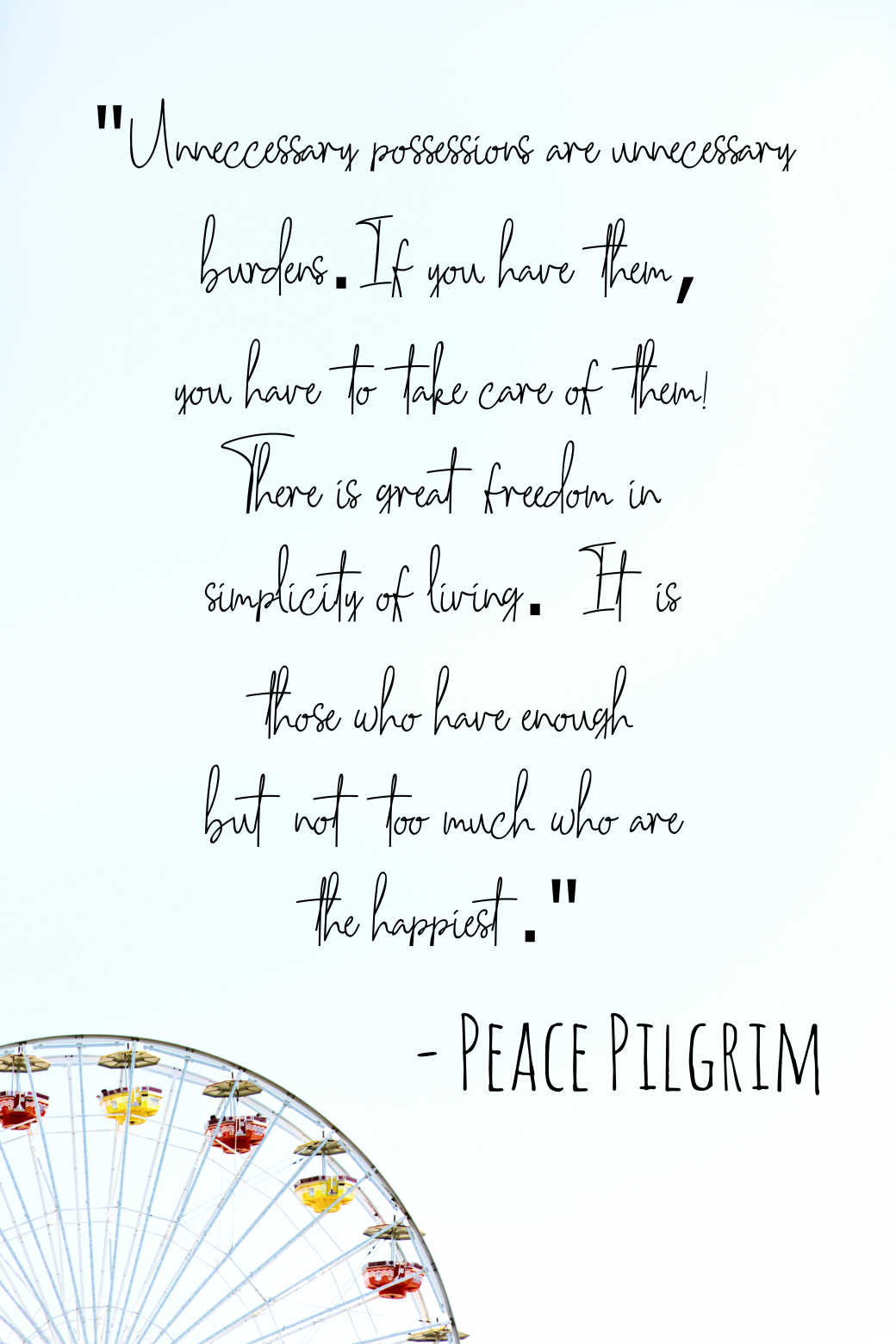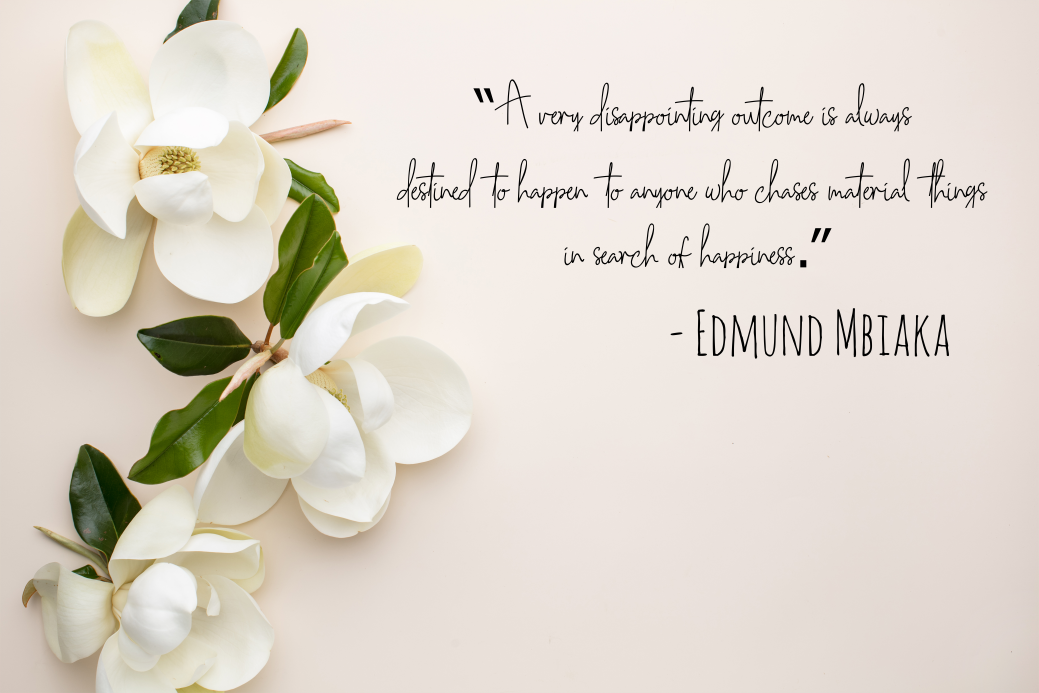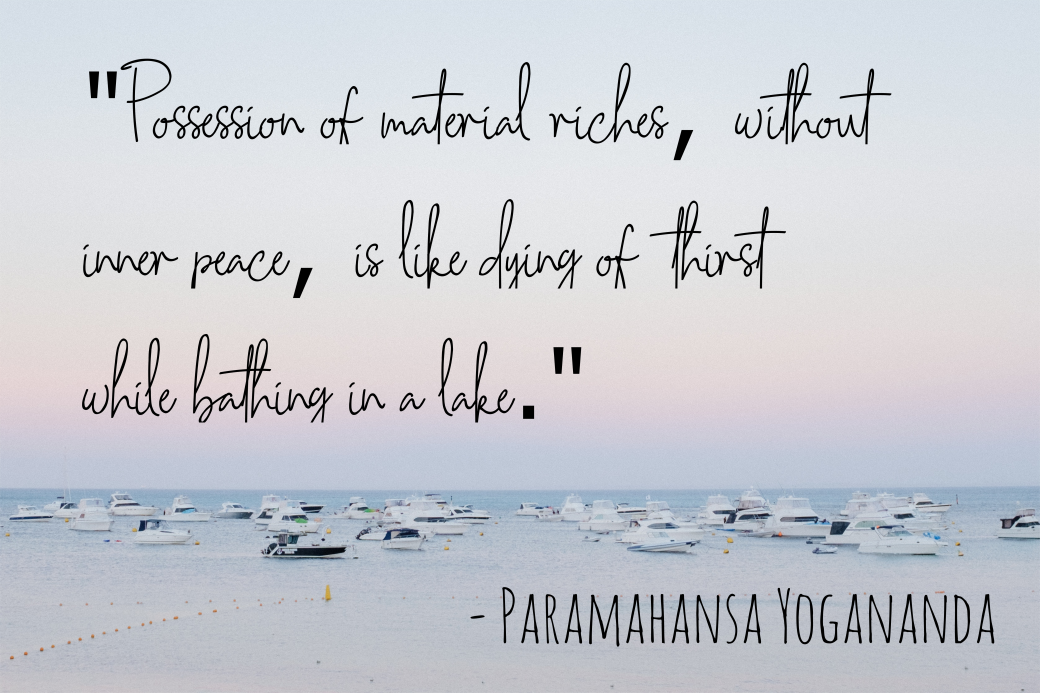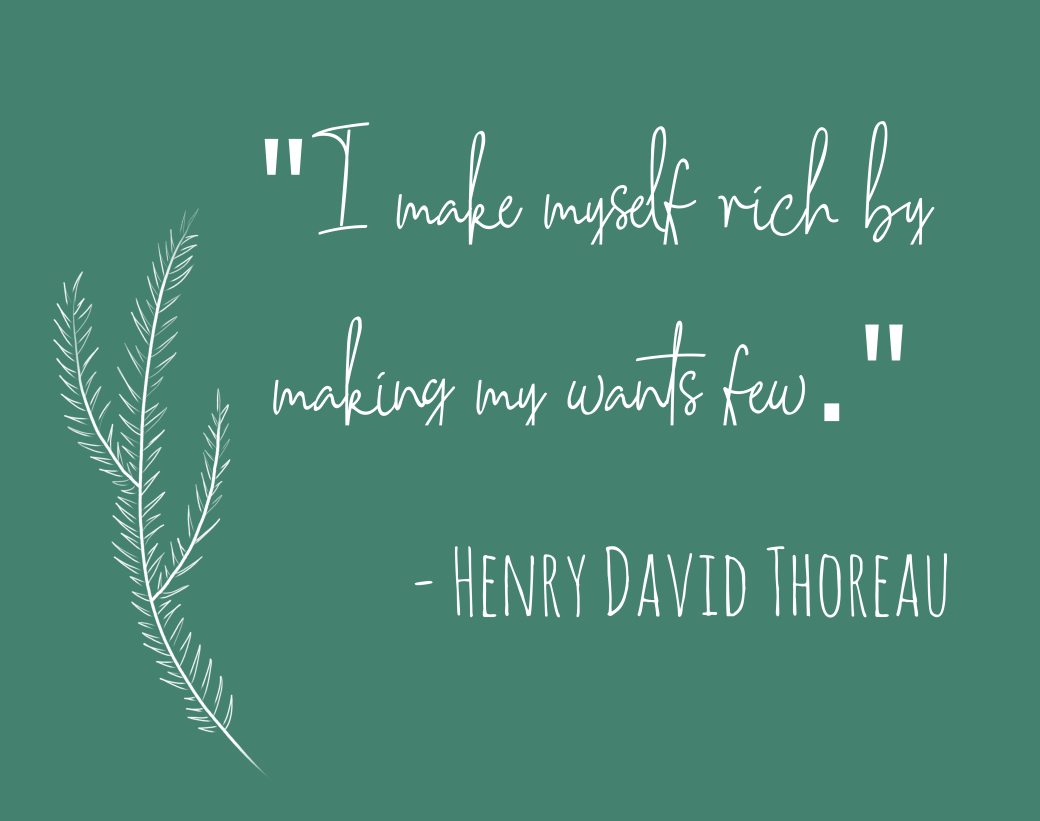I have BREAKING NEWS. But really. It’s literally and physically breaking news.
Don’t be alarmed, it’s not that drastic. But it was to me at the time.
In the past two days – 48 hours or to be precise 2,880 minutes, my two favorite mugs (of the four that I own) were broken. One by me, when I put the mug on the edge of the fridge which I then opened and watched, in what seemed like slow motion, as it came crashing down. The second mug was broken while my husband was washing the dishes the very next day.
You are probably wondering why I am telling you this pretty insignificant story. But I promise, there is a meaningful lesson attached to this entire post! Just keep reading, friend.
First off, let me tell you that I WAS DEVASTATED. I held it together after the first mug broke since it WAS my fault and all. But that second mug on the second day, oh boy. It was like the invisible balloon in my body had just popped and I physically and mentally deflated.
I didn’t realize until they broke that I had attached memories and significance to these mugs that I always recollected when I used them, which was every day. Sweet, right? Well, only to an extent.

With two broken mugs, my initial, immediate reaction was to jump online and scour the internet for the next replacement holder of my precious coconut coffee. Do I go for the clay outdoorsy one again or do I get that Harry Potter cauldron mug I’ve been secretly eyeing?
I mentioned this casually to my husband, who in turn said we can go get a second-hand mug to replace it. (Guys, this was by NO means an unfair statement due to our ethical and minimal way of living but…)
I am not going to lie, I threw a fit at this (I’m not proud). Not because I don’t completely embrace second-hand items (our entire kitchen, half my closet and more is second hand!), but for some reason, I had an attachment to these mugs that I realized at this moment was completely unhealthy. This was further confirmed as I sat scrolling through new mugs on Amazon trying to decide on the next mug that would make me happy drinking my morning coffee.
Let me repeat this: I. Was. Immediately. Looking. Online, For. A. Mug. To Make. Me. Happy.
I immediately had to slam on my metaphorical brakes.
- Why on earth should a mug be something that makes me happy and controls my emotional state?
- Why did losing a specific mug make me so upset? I was flabbergasted at myself.
This entire (albeit sad) situation uncovered the sour fact that I can (and did) become as attached to an inanimate object as much as the next person, regardless of my minimalistic endeavors.
Some of you reading this might think there is nothing wrong with an attachment to an object. And I do agree with you to an extent. Some attachment is fine, but this initial attachment can so easily go too far and distort the way we react to things and how we can live our lives.
Dr. Gail Brenner has a great article discussing life-changing facts about our attachments. She states that attachment to possessions or money is correlated with fear. In particular, a fear of not being in control. While she encourages you to have possessions, she clarifies that these objects shouldn’t define you and in reality, you don’t actually ‘own’ anything.

Imagine what would happen if you lost all your possessions in either a fire, flood, or sale. Are you no longer you, now that you no longer have these possessions? Of course not.
It’s always a good time to realize that the only thing you ever really owned was yourself. We should never forget this. Objects don’t define us, nor should they be a measure of our success in the world.
Another article in The Psychologist goes into depth about human’s association with materials and how, overall, our materialistic ways are considered detrimental to our mental health. A study in this article discusses the buyer’s underlying intrinsic motivation for purchasing or owning objects. This motivation, in particular, is the determinating factor to whether these attachments are healthy or unhealthy.
 Did you buy that shower curtain because it’s trendy or in fashion? Or maybe you saw your favorite influencer has it? OR did you buy it because the patterns remind you of your grandmother’s quilts she used to knit for you when you were young?
Did you buy that shower curtain because it’s trendy or in fashion? Or maybe you saw your favorite influencer has it? OR did you buy it because the patterns remind you of your grandmother’s quilts she used to knit for you when you were young?
My suggestion to you, friend, is to start paying attention to WHY we are buying something.
- Will it benefit us?
- Does it hold value to us?
- How upset would be if it was lost or stolen or broken?
- Would we be able to move on from that?
- If you had to move across the country, would you take it with you?
Check yourself and your attachment to objects now and analyze if you have a healthy relationship with them or not. We can quickly slip into the materialistic mindset of needing to have everything “we are supposed to have” in order to be successful, affluent American millennials.
A HUGE lesson I learned from this was that my mugs had become an extension of myself without me even realizing it!
I was legitimately depressed when they broke! DEPRESSED. I felt like a part of me had died. Perhaps, when they broke, my sense of control was (literally) shattered and I became fearful of the unknown? If my precious mugs could break, what else can happen?
No material possession should have that drastic of an effect on us. Period.
It was in that moment I realized that material objects can often reflect our sense of self/who we are or who we want to be. But do they really? And if so, should they? Probably not.

Why do we define ourselves by objects and what sits in our home? Why not define ourselves by our skills, our personality, or our humor? These are the things that we are born with, that are innately ours, and things that we should cherish and embrace. Instead, we often turn to materials for this. I hope we can change our mindset and start focusing on what really matters, ourselves.
If this resonated with you at all and you are encouraged to take charge and throw out things that have no value, no use, clutter, and distract you – check out my 5 mini-steps to living free, living simple, living mindfully.
Let me know what you think!